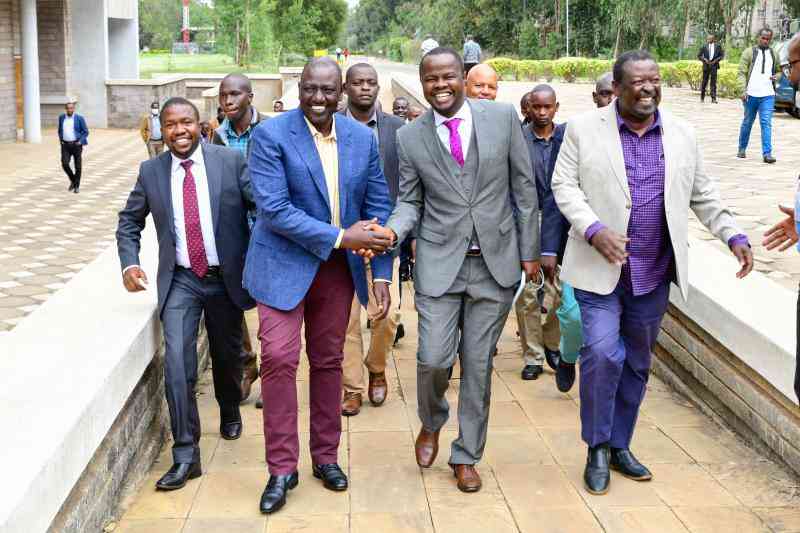×
The Standard e-Paper
Fearless, Trusted News

Deputy President William Ruto has promised that his administration will revolutionise the healthcare sector, if he ascends to power.
Addressing Kenya Kwanza economic health forum in Nairobi yesterday, Dr Ruto pledged to restructure medical supplies to end monopoly of Kenya Medical Supplies Authority (Kemsa).